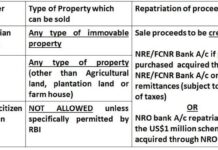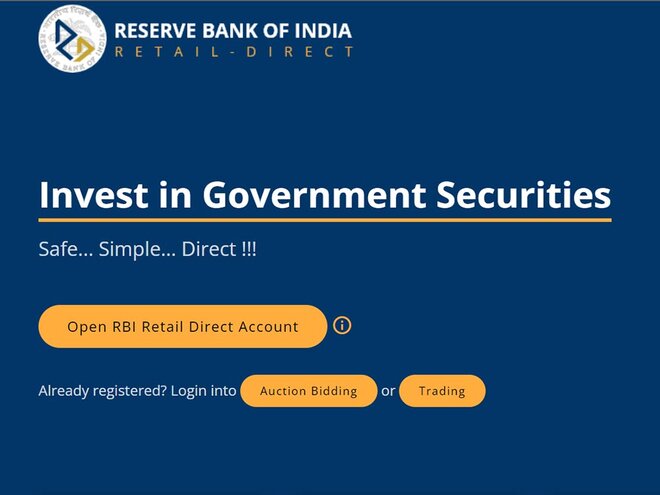In what may bring cheers to many small retailers and offline vendors who were seeking level playing field, the DIPP issued New FDI Policy for Ecommerce that will get effective w.e.f 1st February, 2019. Below is Point by Point Details of the New Policy.

“Subject to provisions of FDI Policy, e-commerce entities would engage only in Business to Business (B2B) e-commerce and not in Business to Consumer (B2C) e-commerce. ( That’s How the Press Note Begins in a Stern Way)”
5.2.15.2.2 Definitions:
i) E-commerce- E-commerce means buying and selling of goods and services including digital products over digital & electronic network.
ii) E-commerce entity– E-commerce entity means a company incorporated under the Companies Act 1956 or the Companies Act 2013 or a foreign company covered under section 2 (42) of the Companies Act, 2013 or an office, branch or agency in India as provided in section 2 (v) (iii) of FEMA 1999, owned or controlled by a person resident outside India and conducting the e-commerce business.
iii) Inventory based model of e-commerce- Inventory based model of e-commerce means an e-commerce activity where inventory of goods and services is owned by e-commerce entity and is sold to the consumers directly.
iv) Marketplace based model of e-commerce- Marketplace based model of ecommerce means providing of an information technology platform by an ecommerce entity on a digital & electronic network to act as a facilitator between buyer and seller.

5.2.15.2.3 Guidelines for Foreign Direct Investment on e-commerce sector
i) 100% FDI under automatic route is permitted in marketplace model of e-commerce.
ii) FDI is not permitted in inventory based model of e-commerce.
5.2.15.2.4 Other Conditions
i) Digital & electronic network will include network of computers, television channels and any other internet application used in automated manner such as web pages, extranets, mobiles etc.
ii) Marketplace e-commerce entity will be permitted to enter into transactions with sellers registered on its platform on B2B basis.
iii) E-commerce marketplace may provide support services to sellers in respect of warehousing, logistics, order fulfilment, call centre, payment collection and other services.
iv) E-commerce entity providing a marketplace will not exercise ownership or control over the inventory i.e. goods purported to be sold. Such an ownership or control over the inventory will render the business into inventory based model. Inventory of a vendor will be deemed to be controlled by e-commerce marketplace entity if more than 25% of purchases of such vendor are from the marketplace entity or its group companies.
v) An entity having equity participation by e-commerce marketplace entity or its group companies, or having control on its inventory by e-commerce marketplace entity or its group companies, will not be permitted to sell its products on the platform run by such marketplace entity.
vi) In marketplace model goods/services made available for sale electronically on website should clearly provide name, address and other contact details of the seller. Post sales, delivery of goods to the customers and customer satisfaction will be responsibility of the seller.
vii) In marketplace model, payments for sale may be facilitated by the e-commerce entity in conformity with the guidelines of the Reserve Bank of India.
viii) In marketplace model, any warrantee/ guarantee of goods and services sold will be responsibility of the seller.

ix) E-commerce entities providing marketplace will not directly or indirectly influence the sale price of goods or services and shall maintain level playing field. Services should be provided by e-commerce marketplace entity or other entities in which e-commerce marketplace entity has direct or indirect equity participation or common control, to vendors on the platform at arm’s length and in a fair and non• discriminatory manner.
Such services will include but not limited to fulfilment, logistics, warehousing, advertisement/ marketing, payments, financing etc. Cash back provided by group companies of marketplace entity to buyers shall be fair and non-discriminatory.
For the purposes of this clause, provision of services to any vendor on such terms which are not made available to other vendors in similar circumstances will be deemed unfair and discriminatory.
x) Guidelines on cash and carry wholesale trading as given in para 5.2.15.1.2 of Consolidated FDI Policy Circular 2017 will apply on 828 e-commerce.
xi) e-commerce marketplace entity will not mandate any seller to sell any product exclusively on its platform only.
xii) e-commerce marketplace entity will be required to furnish a certificate along with a report of statutory auditor to Reserve Bank of India, confirming compliance of above guidelines, by 30th of September of every year for the preceding financial year.
Subject to the conditions of FDI policy on services sector and applicable laws/regulations, security and other conditionality’s, sale of services through e-commerce will be under automatic route

The above decision will take effect from 01 February, 2019.
D/o DIPP File No.: 5/3/2015-FC-I dated: 26 December, 2018











